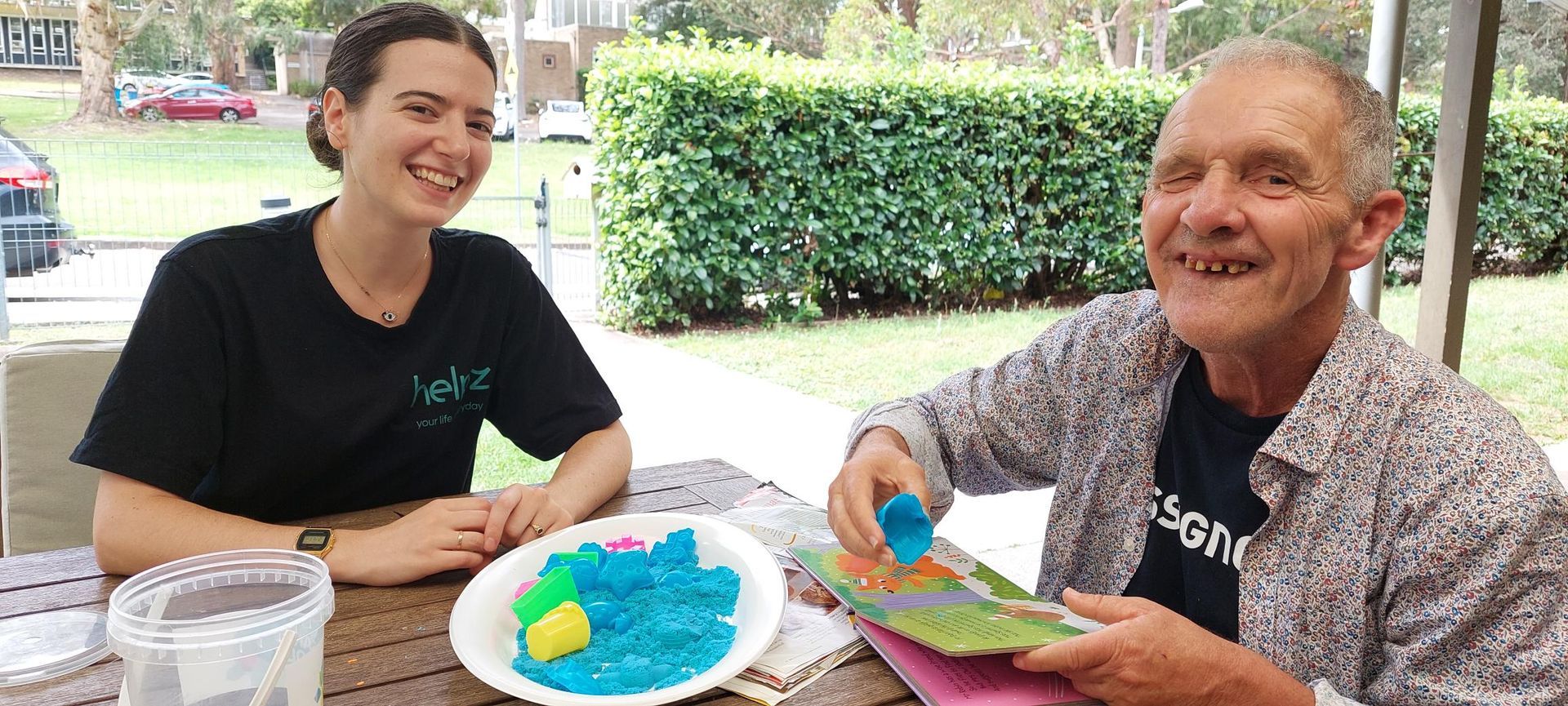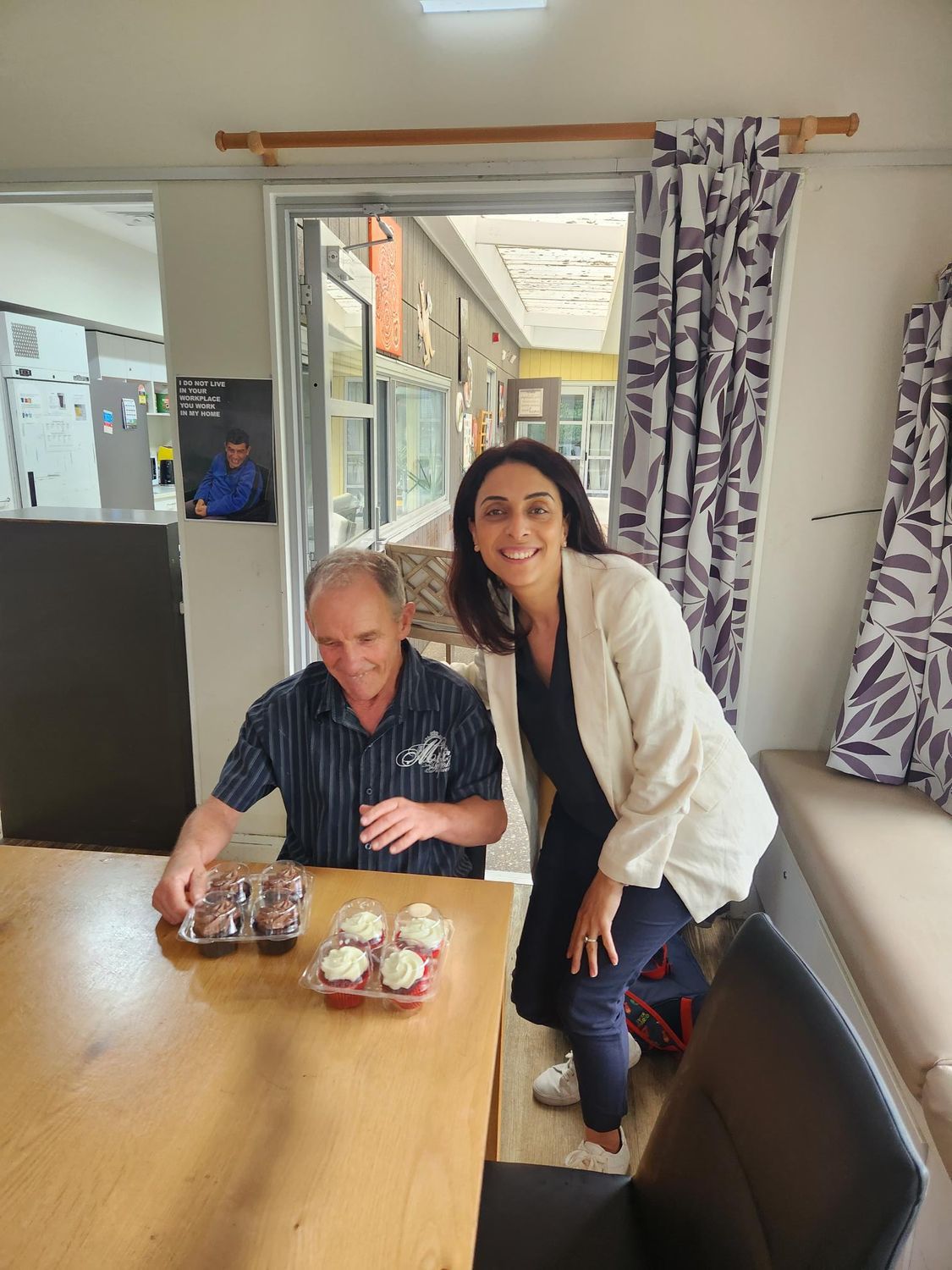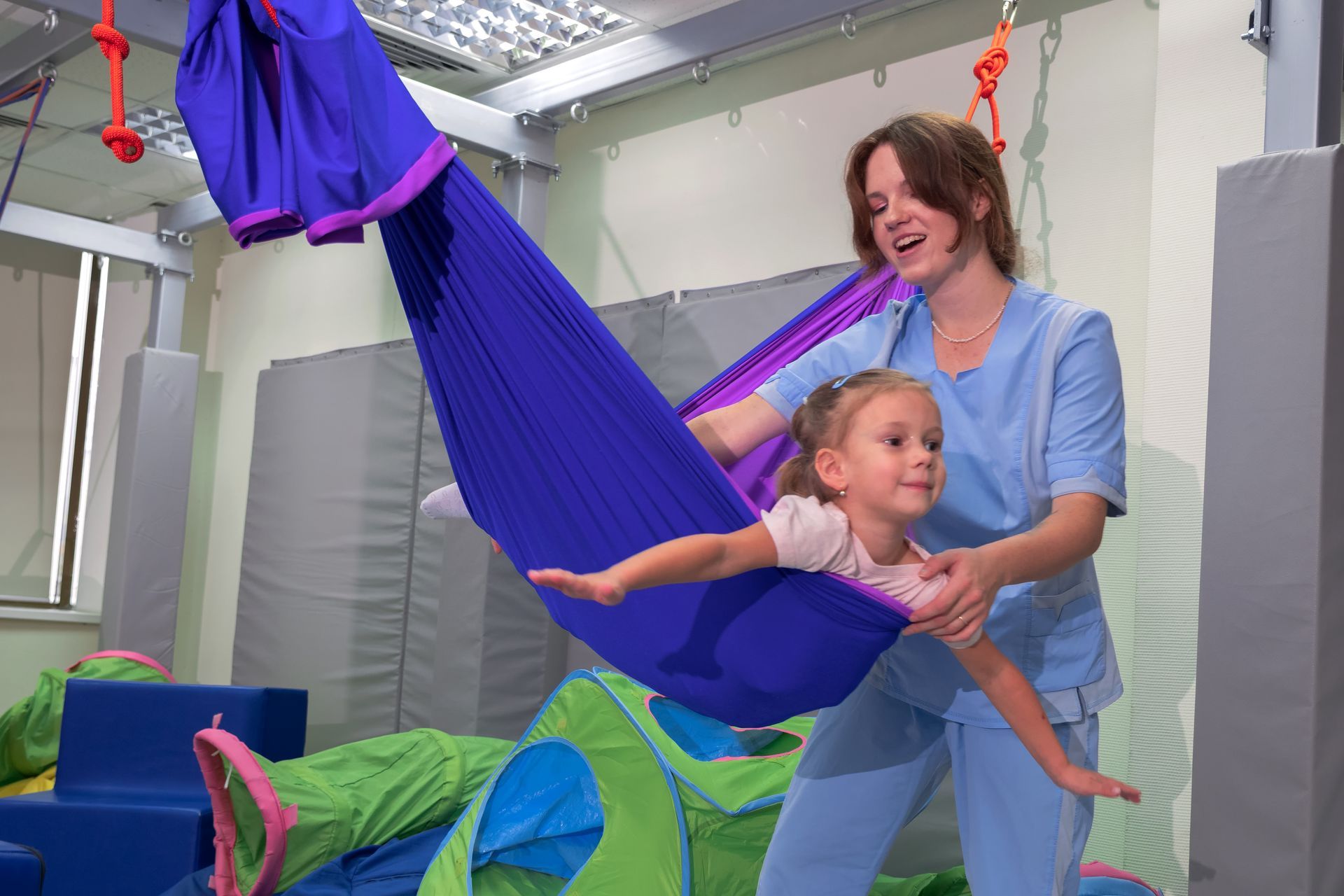Celebrating Mark Thompson's 61st Birthday: A Remarkable Journey

Recently, our Senior Behaviour Support Practitioner, Monica Cachia, had the immense pleasure of celebrating Mark Thompson's 61st birthday with him, a milestone that is truly special. Mark, who has Angelman's syndrome*, is reportedly the oldest person in Australia with this condition and has been showcased on the news broadcast, ‘60 Minutes’ in the past. His journey and achievements are nothing short of inspiring.
When celebrating Mark's life on his birthday, we reflect on the variety of activities that bring him joy and fulfillment each day. He shares a close bond with his sister, Skye, and whether they are watching hockey or enjoying a day at the beach, their time together is always cherished.
Mark also has a passion for woodwork, bush walks, massage, swimming, and going on picnics. His love for music is another significant aspect of his life. He has engaged in Music Therapy sessions with our Music Therapist, Christopher Hills, which have been a source of great enjoyment and relaxation for him.
If you see Mark in the community, you can bet he is heading off to one of his favourite venues to watch movies, go shopping, visit parks and beaches, attend a live show, or go bowling. His enthusiasm for life is evident in everything he does.
Last year, Mark had the exciting experience of participating in the National Bowling Competition in Canberra, which he thoroughly enjoyed. His love for bowling is just one of the many ways he stays active and connected with others.
Mark Thompson's 61st birthday was not just a celebration of his life so far but also a testament to his resilience, enthusiasm, and the love he shares with his community. Here's to many more years of happiness and adventures for Mark!
Happy Birthday, Mark! 🎉🎂
*Angelman's syndrome is a rare genetic disorder that primarily affects the nervous system. It is caused by changes in the UBE3A gene on chromosome 15, leading to developmental delays, intellectual disabilities, speech impairments, and movement and balance issues. Despite these challenges, individuals with Angelman's syndrome often have a happy demeanor and a strong interest in social interactions.










